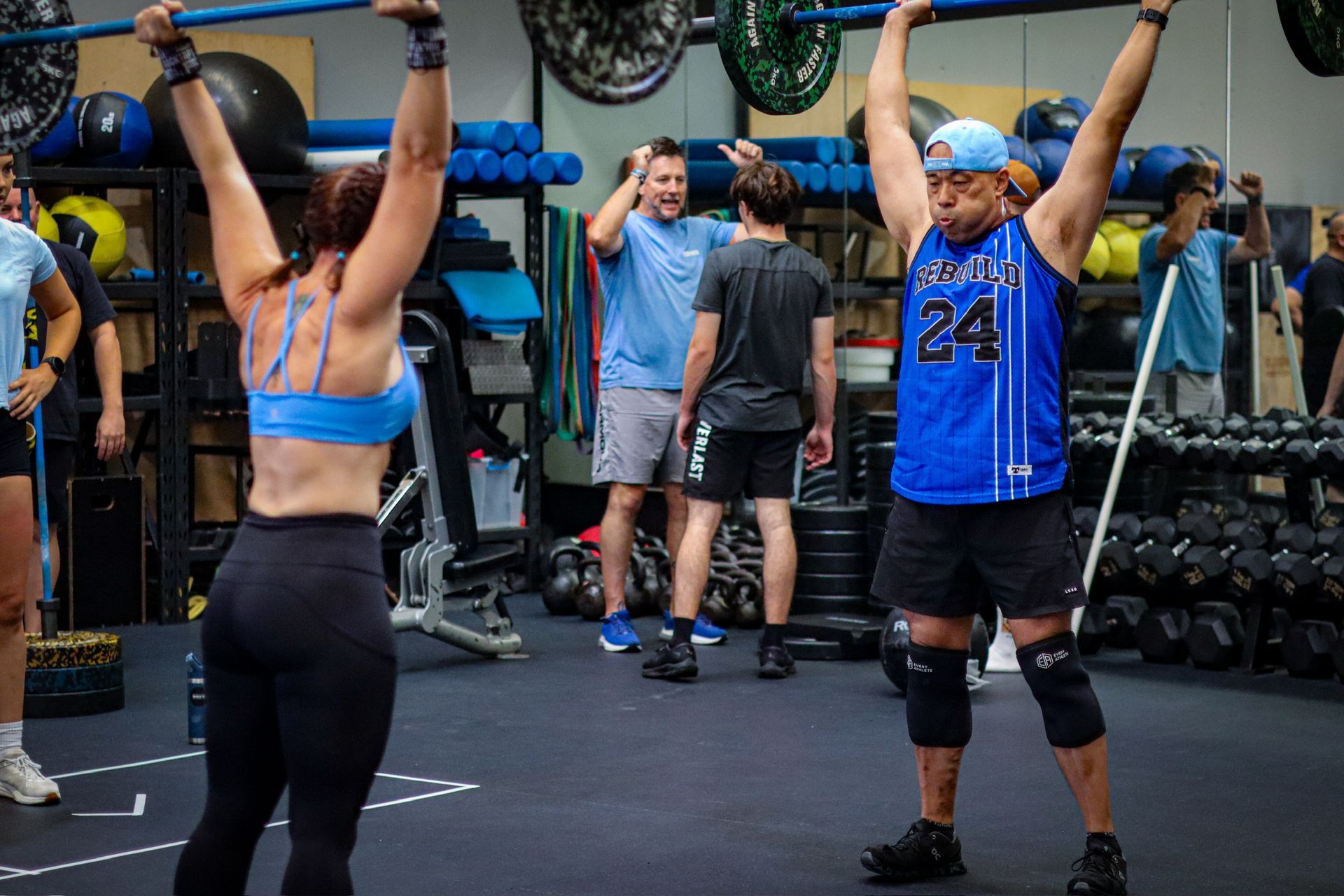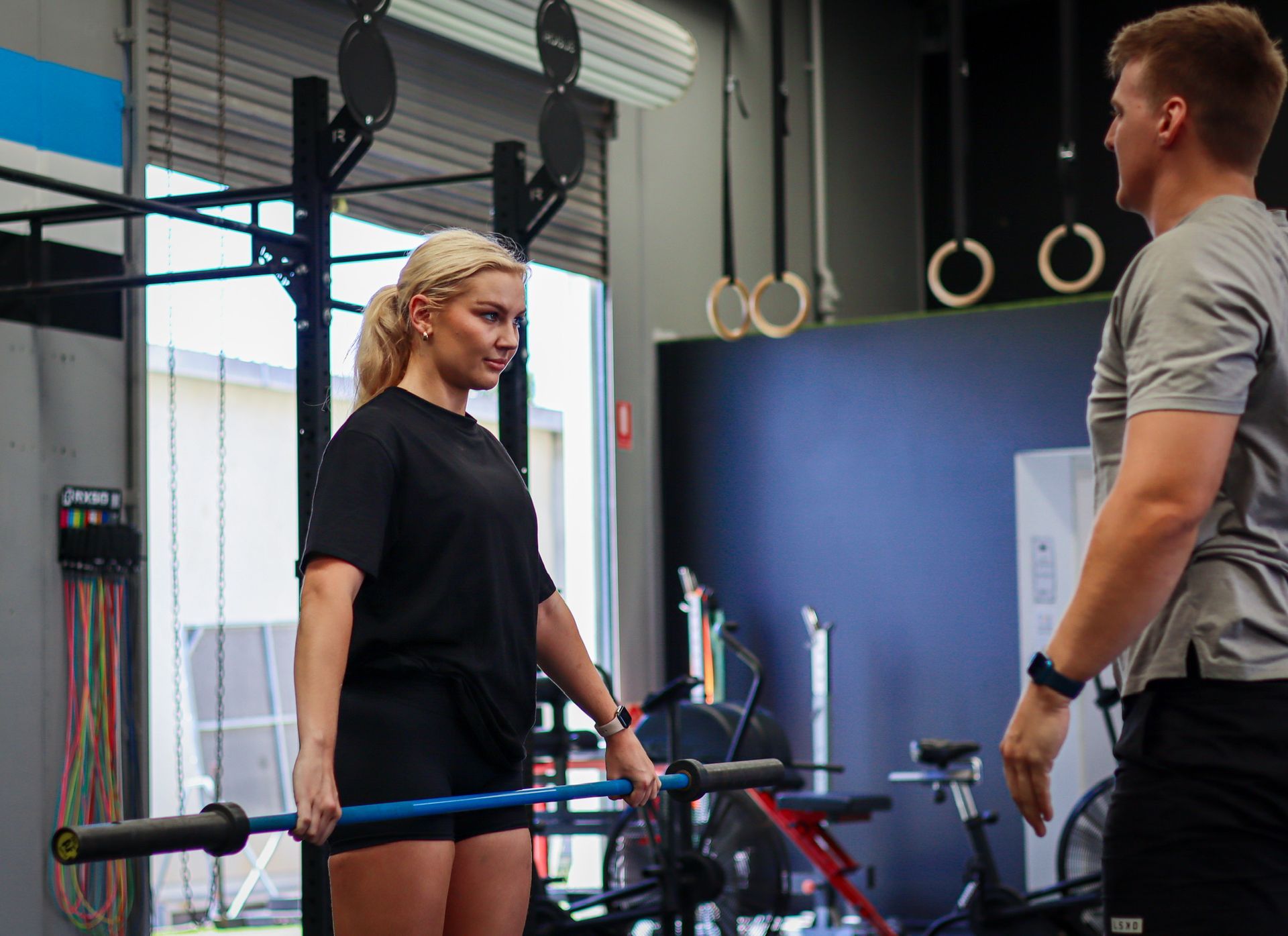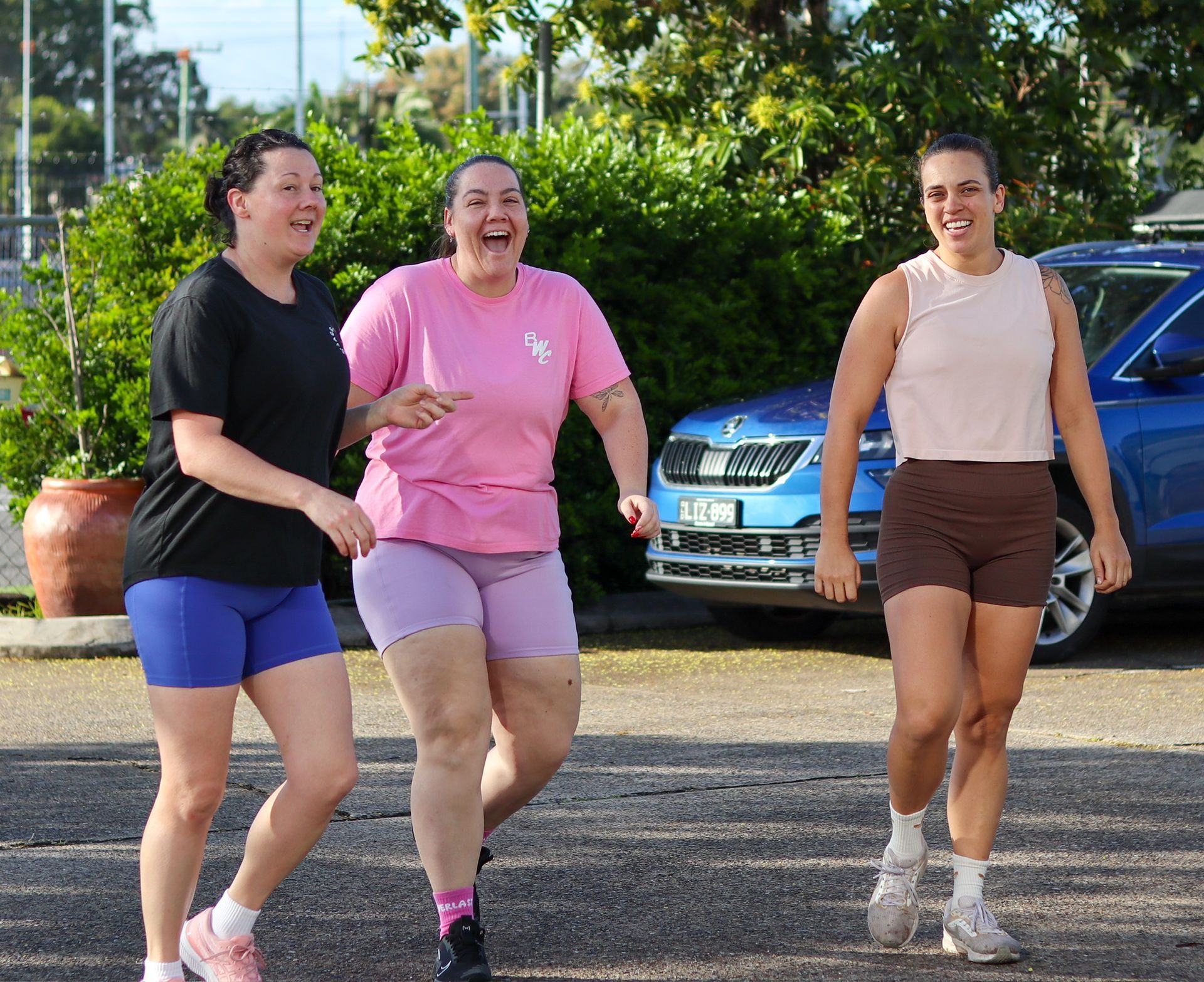How Much My Approach to Training Has Changed to See the Bigger Picture
“If this all goes to plan you’ll be back in time for preseason” and I just said, “I wanna be able to run around with my nephews and walk up and downhill without grimacing in pain.'How much my approach to training has changed to see the bigger picture.I’ve been an athlete my whole life ever since I was young training for me has always been about getting better at my sport. Even through injuries which if you know me well you know I’ve had my fair share, I’m now 27 and I’ve had 3 knee ops, a shoulder reconstruction, and my hips operated on. As well as numerous breaks, fractures, torn ligaments and strained muscles thrown in for just for shits and giggles.Needless to say rugby has not been overly kind to me, but through all the disappointment, setbacks, pain and missed opportunities. I was able to learn a lot about my body and pass on many lessons to my members, to help guide their mentality around training for long term health.I used to fully believe I needed to push myself hard no matter what, always training to ignore the pain and push through it, needless to say, that didn’t end well but hindsight is a wonderful thing. My mindset first started shifting when I was 20 turning 21 about to have my 3rd round of surgery within 12 months, I had just recovered from a successful shoulder reconstruction and a not so successful knee operation and was currently consulting with a new knee surgeon. Having spent the previous year not being able to run, squat or even walk downstairs without great pain, my body was letting me down and it sucked. All the while still in my head I kept telling myself I needed to get back to rugby and this is just part of a ‘rugby players’ life, until one day I was at a park with my nephews and they were running around playing touch asking me to join in. I had to tell them I couldn’t and I just had to sit and watch, it was toughIt was tough, after that, it was the first time I realised that training for a sport isn’t the most important thing for me, I remember the surgeon saying “If this all goes to plan you’ll be back in time for preseason” and I just said, “I wanna be able to run around with my nephews and walk up and downhill without grimacing in pain.”It was the first time I had truly prioritised my overall health above all my sporting/training goals. Sure I’ve had a few setbacks since that moment when I’ve got a bit excited and tried to make a few too many comebacks and picked up a few niggles here and there.But now rather than using the gym and my training to enhance my athletic performance, I’m using it to help ensure I’m the fittest healthiest human I can be so I’m always able to run around with my nephews and hopefully soon take my son down to the footy field and have a kick around with him.I train now for the quality of movement rather than time, I prioritise technique rather than load and most importantly I now listen to my body and scale sessions back rather than push the pace when I’m battling little niggles or just feeling flat.This is a lesson I try to pass on to my members, whilst it’s great to have short term specific training goals around sports or competitions, we should never sacrifice/risk our long term health in pursuit of them. The majority of our clients are Mums and Dads just wanting to look, feel and move better.Having the best functioning body should always be at the forefront of all of our minds for life. Why would you ever want to risk that? Smart training methods and great coaching and guidance can help you achieve this, conversely, shit coaching and poor training methods can be detrimental.I believe it’s important to ask our selves the question: Is what I’m doing now going to negatively affect me down the track? and if the answer yes, why the fuck are you doing it?Happy training!Sean
Previous Blogs




